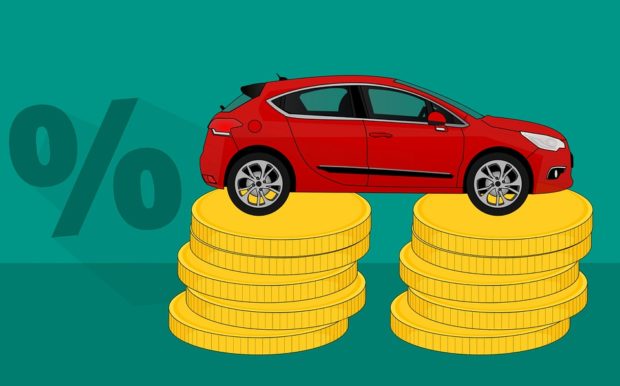A car is an expensive investment that should be protected by an insurance cover. In fact, you should never think of buying a car if you can’t afford to pay for its insurance. In many parts of the world, it is illegal to buy a car without insurance. This is because a car is one of those assets that depreciate with time due to accidents. An insurance cover provides a safe haven when your car has been involved in an accident due to the fact that you don’t have to cough out money from your pockets to compensate the other party. It’s actually the insurance company that meets all the repair costs for all the parties involved. However, most auto owners know very little about car insurance. The information outlined below can help you make an informed decision when buying car insurance.

1. It’s a Must
If you thought car insurance is optional, you need to wake up from your dream. The law requires all motorists to have at least the basic insurance. Driving a car that’s not insured is actually a traffic offence that can earn you a jail sentence and heavy financial penalty. If your auto insurance has expired, you should first renew it before you get behind the wheel. When your car is involved in an accident, the cops that arrive at the scene will enquire about the status of your insurance. In case yours has expired, the liability of compensating the other motorist will fall on your shoulders.
2. Price is Based on the Car that You Drive
The price that you pay for your car cover is guided by the model of your engine. Even if you just want to pay average car insurance, the insurance company will still consider the car in question. This is because all cars don’t cost the same price. If you drive a top of the range vehicle such as Ferrari or Lamborghini, you will definitely be expected to pay more money than someone who owns a cheap car.

3. Insurance Companies Make Profit by not Honoring Claims
Providing car insurance to motorists is a business like any other. However, insurance companies make money by not paying majority of the claims. And that’s why they advice you against admitting liability. When you hit someone else’s car, the company will not rush into compensating both parties. They will first carry out their own independent investigations to establish what caused the accident and if they find out that you were driving recklessly or under the influence of alcohol, they will not honor the claim. This means that you must use your car responsibly regardless of whether you have basic or comprehensive insurance cover.
4. You are Covered for What You Pay
There are different types of car insurance cover. There are those that cover against theft, riots, bad weather and terrorism among many others. Most people are only familiar with the basic cover that only protects you against minor accidents. In fact, insurance companies encourage people to take as many covers as they can. If your car is burned during riots but it’s only covered for accidents, the insurance company will definitely refuse to admit liability. Since your car is vulnerable to many risks, you should take as many covers as you can to ensure you are on the safe side when disaster strikes without a warning.
5. The Rates Vary From One Company to the Other
Although most insurance companies offer the same services, their rates are never the same. You must therefore compare the prices of different companies so that you can find the most affordable policy so that you can save a few bucks for other bills. You can even online review sites because they have reliable tools for comparing insurance cover.





